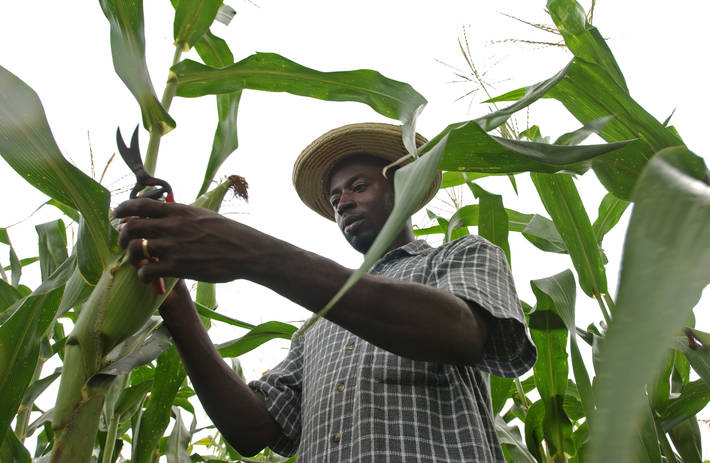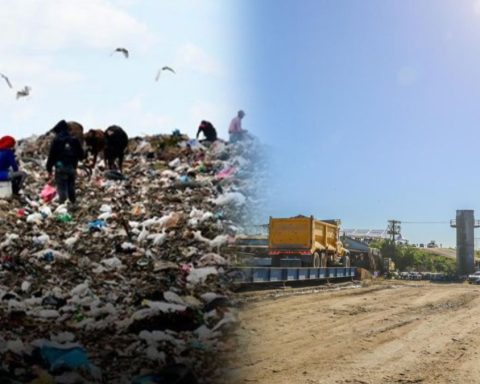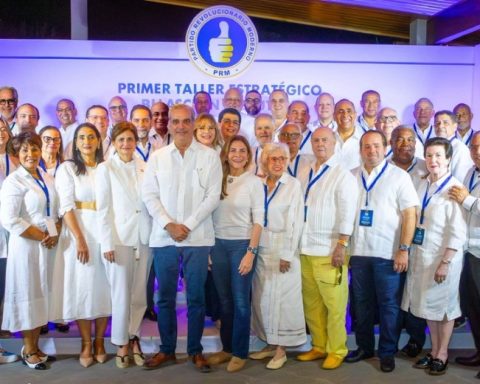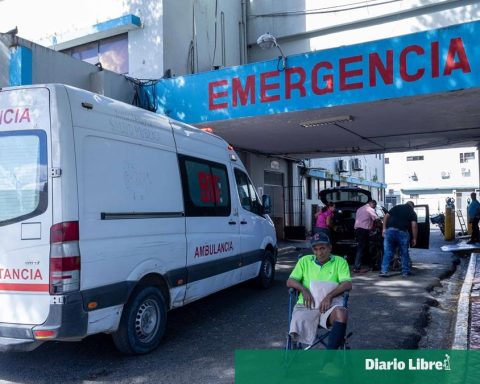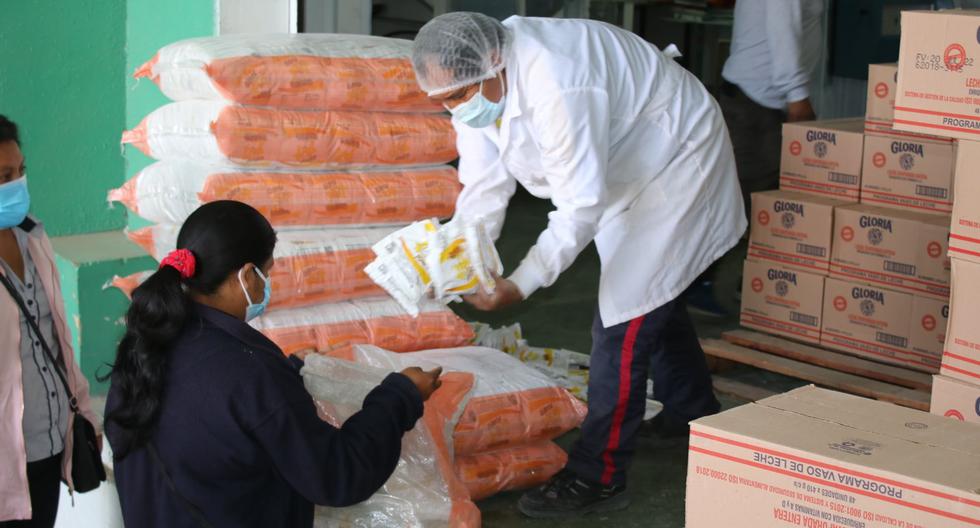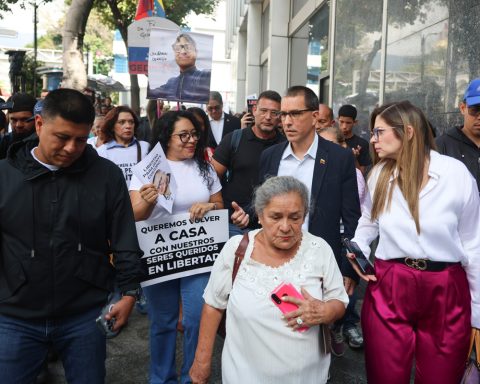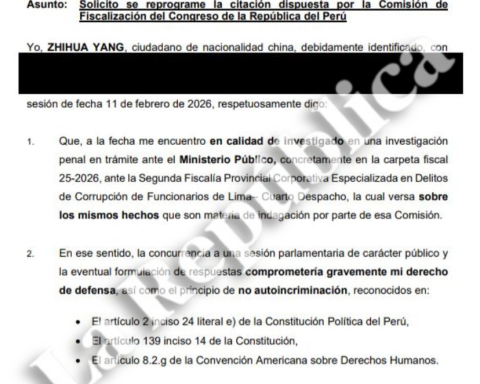Santiago de Chile. The United Nations Food and Agriculture Organization (FAO), based in Santiago, Chile, seeks to promote peasant and indigenous family farming in Latin America and the Caribbean to face the food security crisis in the region.
In recent years, a period in which multiple crises have shaken the entire globe, uncertainty and instability have worsened in several Latin American countries, increasing pressure on agri-food systems and deepening poverty and hunger, a phenomenon that is increasing from sustained manner since 2015, affecting more than 13 million people.
“Nothing has been easy in recent years. We know that poverty and hunger in our region, affected by price inflation, the pandemic, the climate crisis and others, have a negative impact on low-income families and farmers,” said the deputy general director and regional representative of the FAO for Latin America and the Caribbean, Mario Lubetkin.
INCREASE IN POVERTY
The Latin American region, which has 8.4% of the world’s population, is according to data from FAO and the Economic Commission for Latin America and the Caribbean (ECLAC) the most affected by the covid-19 pandemic, since in 2020 extreme poverty reached 12.5% while poverty in general reached 33.7%, levels not observed in decades.
These indices have their correlate in food systems. According to the FAO, 23% of the damages and losses caused by natural disasters of medium and high intensity occurred in the agricultural sector, which suffered 80% of the damages and losses related to drought events.
In addition, in March 2022, the price of food reached its highest level since records exist, configuring a scenario of a food security crisis in the region.
ROLE OF FAMILY FARMING
Ministers, authorities, peasant and indigenous organizations and representatives of 24 Latin American countries met at the FAO headquarters, in Santiago de Chile, to promote integration and promote differentiated State policies that strengthen and project family farming into the future , to face the climate crisis and food insecurity.
“We must recognize that this meeting is an exceptional opportunity to reach agreements that facilitate dialogue for the design of differentiated policies for family farming, underlining its role in the transformation of agri-food systems,” said Lubetkin.
For his part, the Chilean Minister of Agriculture, Esteban Valenzuela, emphasized the need to collaborate among States to promote food security in a sustainable manner and face emergencies such as the water crisis.
“We need inclusive, green and smart agriculture for our food sovereignty. We are not an autarky, what we need is exchange and, by the way, collaboration between all countries. All this provides security,” said the Chilean Secretary of State.
“We want to recover our production, but the contributions made by Canada, the United States and Peru are important for wheat, we need fruit, but if it weren’t for mangoes from Bolivia or bananas from Ecuador and others, we wouldn’t have them. The same with Argentina with meat and soy,” he added.
FAMILY FARMERS: KEY PLAYERS
Within this framework, the regional authorities emphasized family farmers as “key agents” in climate change adaptation and mitigation strategies, with productive practices that care for and preserve the environment.
From there, they highlighted the “necessary connection” between these producers and regional markets, in addition to promoting investment in infrastructure that makes their activity a sustainable commitment and creates development in the territories.
Family farming, says the FAO, brings together 81% of food farms in Latin America with 17 million producers, but their access to land is unequal. The 1% of the largest producers concentrate half of the land.
